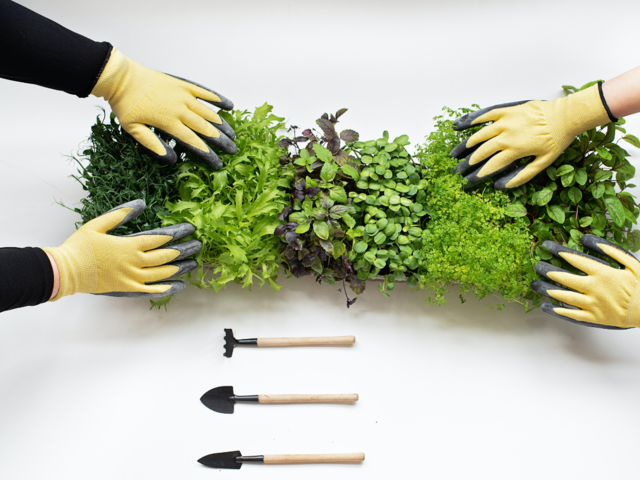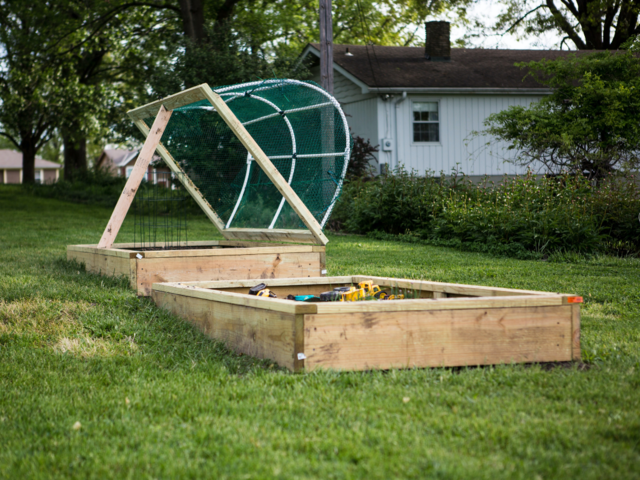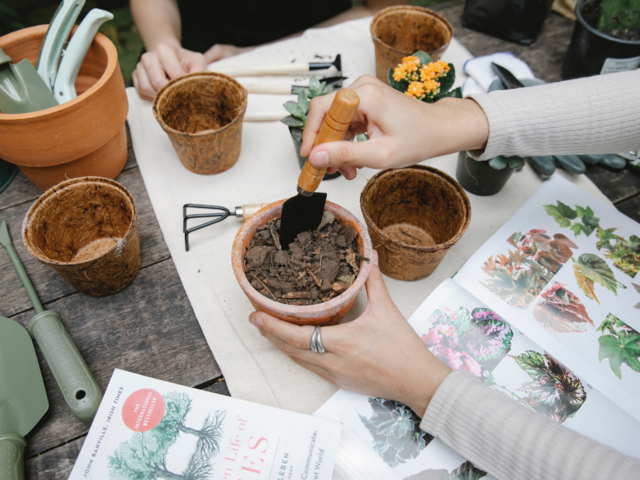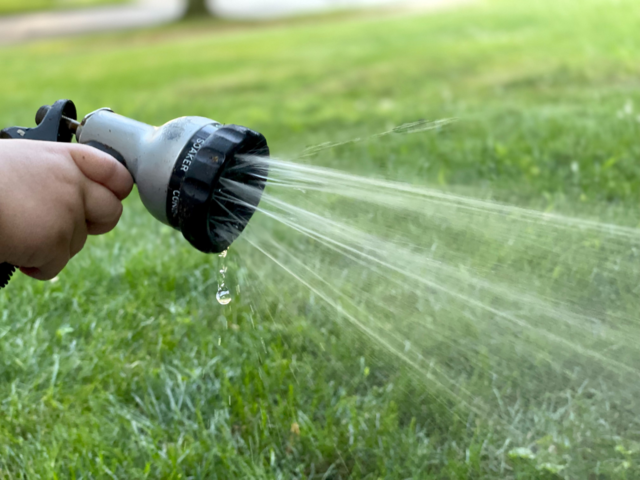If you are looking for a new hobby, gardening may be the ticket! This great pastime allows you to grow plants from scratch while you breathe in fresh outdoor air and even get some exercise in the process.
People with smaller yards or harder soil may think that they can never grow their own food, but there is actually a solution in the form of a raised garden. Here are our tips on why you should have a raised garden and how to get started today.

Image source: Pexels.
Why a Raised Garden?
The primary perk of a raised garden is that having one allows you to grow plants and vegetables virtually anywhere because this garden doesn’t solely depend on the viability of the soil in your yard. Instead, the garden is raised off the ground, often in a wooden case that still offers plenty of room for the plant’s roots to stretch and thrive.
Raised gardens have many perks and can even be good for your health. You can raise your garden several feet off the ground, so if you have a bad back, you don’t have to bend down so often. On top of that, gardening is a healthy hobby because you get to eat natural foods as you work in the plush greenery of the outdoors, which is excellent for your mental health.
Having a garden is also great for your curb appeal, which is important for a beautiful home and could also increase your home's value. If you decide to sell, potential buyers could get excited about the idea of also owning a garden. Knowing that, you could make more money when it comes time to sell.

Image source: Unsplash.
How to Get Started
If you are handy, you may be able to make a raised garden yourself, but if you want to get started right away, you can buy pre-made gardens at stores like Lowes and Amazon.
While shopping, you will want to look around your yard for a suitable place to keep your raised garden. You will want to find a flat area that gets at least six hours of sunlight per day and is close to a water source, which could just be your hose. To add to that curb appeal, consider placing the garden in a spot that needs a little more color and is not a distraction.
Next, you will need to get the perfect soil. Many experts recommend a triple mix, including 60% topsoil, 30% compost, and 10% potting soil. This is not an exact science, and you can experiment, but this is a good start.

Image source: Pexels.
Support Your Plants
Once you are set up, you will want to regularly maintain your garden for its best chance of success. A common misconception is that you can simply spray the top of your vegetables or put out a sprinkler. However, the best advice is to water your plants near the roots, which is often easier with a raised garden. That way, your plants get maximum hydration. A soaker hose is a good investment because it will ensure that the soil is adequately damp.
A common issue with many raised gardens is the number of weeds that you will have to fend off week after week. To limit the number of weeds, make sure to add mulch to your garden after you have planted your vegetables. Mulch can include a combination of wood chips, leaves, and grass clippings, and this mix will keep the soil moist and reduce the number of weeds.

Image source: Unsplash.
As you can see, starting a raised garden is easy and a lot of fun.
Read more about garden design.
If you'd like to become a professional garden designer, visit our courses page.
This is a guest post, and the opinions expressed by the guest writer are hers alone and do not necessarily reflect the views of the Academy. We bear no responsibility for the accuracy of any of the information supplied by the guest writer. The links included here are provided as a convenience and for informational purposes only.
We bear no responsibility for the accuracy, legality, or content of any external site or any content on subsequent websites, nor does the inclusion of these links constitute our endorsement or approval of any products, services, or opinions stated.
About the author: Carrie Spencer created TheSpencersAdventures.net to share her family’s homesteading adventures. On the site, she shares tips on living self-sufficiently, fruit and vegetable gardening, parenting, conservation, and more. Their goal is to live as self-sufficiently and environmentally consciously as possible.
